Archive for ‘News and media’ Category
Organize Your Reading: From Paper to Digital–Peekster, Booke, MatchBook & BitLit
A few weeks ago, Paper Mommy sent me some mail. In the envelope — yes, an envelope, because Paper Mommy likes to go Old School — there were coupons, one of her goofily-captioned, one-panel, self-portrait comics with a big-bosomed, big-footed, curly-haired stick figure, and a clipping from the Buffalo News: an article with advice on shopping for a mattress.
I appreciated the article — Paper Doll HQ’s master suite really needs a new bed. But I’m not planning on shopping right away, so I had a few options:
- File the clipping into an article folder.
- Scan the article with a scanner and send to a shopping-themed folder on my hard drive, or in Dropbox or Evernote.
- Try out Evernote’s new Scannable app on my iPad.
But for an even quicker option that didn’t require me to take my hands off the keyboard, I Googled the article’s title and just saved it to Evernote, and now when I’m ready to shop, I have A to Zzzz Guide for Mattress Shoppers living in my personal cloud. Minimal hardware, no fiddling with a new app that I’d not quite tried out yet, and no paper clutter.
The point isn’t that paper is good or bad, but that we all deserve to have format options for our reading material.
Near the end of the summer, in Organize Your Reading: A Customized Digital Newspaper…That’s Actually Paper!, we talked about wishing we could sometimes have digital content available in print. Today, we’ll look at how sometimes we’ve got all the print content we want, but need a convenient way to make it digital.
MAGAZINES AND NEWSPAPERS
Informational paper clutter is always with us. My article on coping with informational paper overload, Knowledge is Power, is pretty much as valid as it was when I wrote it ten years ago. Why do we have this stuff around?
Are you holding onto magazines you never get around to reading because there was a time in your life when both your interest and schedule used to make it a must-read?
Do you hold onto entire Sunday newspapers because there’s just one long article you want to finish?
Do you have a stack of periodicals because there are articles or columns you want to send to someone, but you don’t have a stamp or an envelope because — let’s get real — you never send anything through the mail anymore?
So what do you do if you have a magazine or article clipping and want to share or save?
- Lowest-tech: Call your friend and read the article to her directly. Nobody home? Read it into voicemail.
- Lower-tech: Record yourself reading the message in Evernote (or, if you’re a Mac/iOS user, record it directly in iMessage to text it.) Got lots of friends? Think: repeated re-sends.
- Last-decade-tech: Use your favorite search engine to find the article’s title. If it comes up, text, tweet, email or FB to your intended recipient. For your own use, save it in a digital file or bookmark it.
- 2015 Tech: Take a peek at an app for that.
Peekster is an intriguing upstart.
1) Start by signing in on your iPhone or iPad with Facebook or Google+, or you can opt to sign in “later.” (Peekster promises not to post anything to your profile.) Peekster will ask if it can access your device. Say OK.
2) Point to the article headline or the first paragraph, per Peekster’s on-screen direction.
3) Just scan the headline of a print article and Peekster will use optical character recognition (OCR) to detect the matching content and bring up the digital version on your device so you can share it now or save it for reading or sharing later.
I kept aiming too far below where I was supposed to. That’s OK — Peekster offers on-screen guidelines to stretch and move the boundaries and tells you, “Adjust the frame to fit the headline or paragraph.” Pinch. Drag. Repeat. When you’ve got what you want, click the big tomato-red “Apply” button.
After a brief pause, Peekster will either direct you to your match or suggest alternatives if the print and digital versions of the article don’t have matching titles, or something else goes awry. Once you’ve got the right article or column lined up, click the icons to share via your social media accounts or file it away in Evernote or “read it later” apps we’ve discussed before, like Pocket or Instapaper.
Over the past year, many reviewers have compared Peekster to Shazam — a music-matching-and-locating app that detects audio you hear on TV, the radio, or over a PA system and then finds it online — but for printed material. Like Shazam, Peekster will also suggest related material in which you might be interested.
Peekster is a free app in the iTunes store, but is not yet available for Android. Right now, the supported content options are limited. It was developed in the UK, so the initial content relationships are with free UK outlets and some premium content like The Independent, The Guardian and The Times. Peekster also supports The New York Times, The Wall Street Journal and The Washington Post. But let’s hope Entertainment Weekly and Real Simple won’t be far behind.
BOOKS
So, Peekster’s got you covered when you’re reading a newspaper or a magazine, but what if you’re reading a book? When I first started researching Peekster, I had trouble finding similar options. Think about it: you’re reading along in a paper book and want to share a funny line, or a weird metaphor — but unless the person is nearby so you can thrust the tome into their laps, sharing is difficult.
At first, Booke, pronounced “BOOK-uh,” seemed like a great alternative, so I watched the crowdfunded Indiegogo campaign closely.
I loved the idea of being able to not only share passages of printed books, but also search within the pages of a book by accessing the information digitally, or electronically bookmark printed books. Sadly, the campaign failed spectacularly, the app did not go forward. Insert sad face.
Thus far, I haven’t found an app to rival Booke, but there are a few interesting twists.
Amazon’s Kindle MatchBook is a program where if you’ve purchased the tangible copy of a book through Amazon, they’ll deeply discount the digital version to $2.99 ($9.99 for textbooks). However, only some titles are available. Of the hundreds of books I’ve purchased from Amazon over the many years, only seven are available through the MatchBook program.
Want something a little more app-ified?
A new app on the horizon is BitLit.
1) Download the free iOS app at the iTunes store. Prefer Android? They’ve got it at GooglePlay.
2) Sign in with Facebook or Google+. I did not see an email/password option, unfortunately.
3) Take what BitLit calls a “shelfie” — a photo of your bookshelf. Be sure to align the books properly.
4) After a bit of processing time, BitLit will review your shelfie (yes, it is embarrassing to type that word out loud) and let you know which books in your collection are available to download digitally.
5) Now, here’s where it gets labor-intensive. For each book you own which is available, BitLit wants you to snap a photo the front cover of the book and then sign the copyright page in ALL CAPS. (I’m not quite sure how many of us could sign our name in all capital letters, as our signatures are pretty much ingrained as upper-and-lower-case.)
Once you complete this somewhat onerous step, BitLit will email you a digital copy of the book. For free. Well, free if you don’t consider the time spent snapping and figuring out how to make your signature ALL-CAPS as having any value. Then again, a minute of snapping may be worth more to you than the $2.99 you’d spend on Kindle MatchBook.
You can save yourself some effort, though. If you visit the Eligible Books page at BitLit, you can search by title, author or publisher to find a particular book so you don’t have to bother with a shelfie if none of your books are available.
Speaking of saving effort, if you’re in Canada, Australia or the UK, it’s worth checking out BitLit’s blog post on how BitLit helps you avoid the truly labor-intensive KindleConvert process.
[Editor’s note: Shelfie announced that it is ceasing operations effective January 31, 2017.]
Of course, unless you get rid of your tangible books, neither MatchBook nor BitLit reduces your book stockpile, and you’re dependent upon the publishers of your preferred books actually participating. For example, my own book, 57 Secrets for Organizing Your Small Business, is not available digitally through either program.
And, while MatchBook and BitLit give you the the option to read books digitally, you still won’t be able to share.
Darn that failed Booke crowdfunding venture!
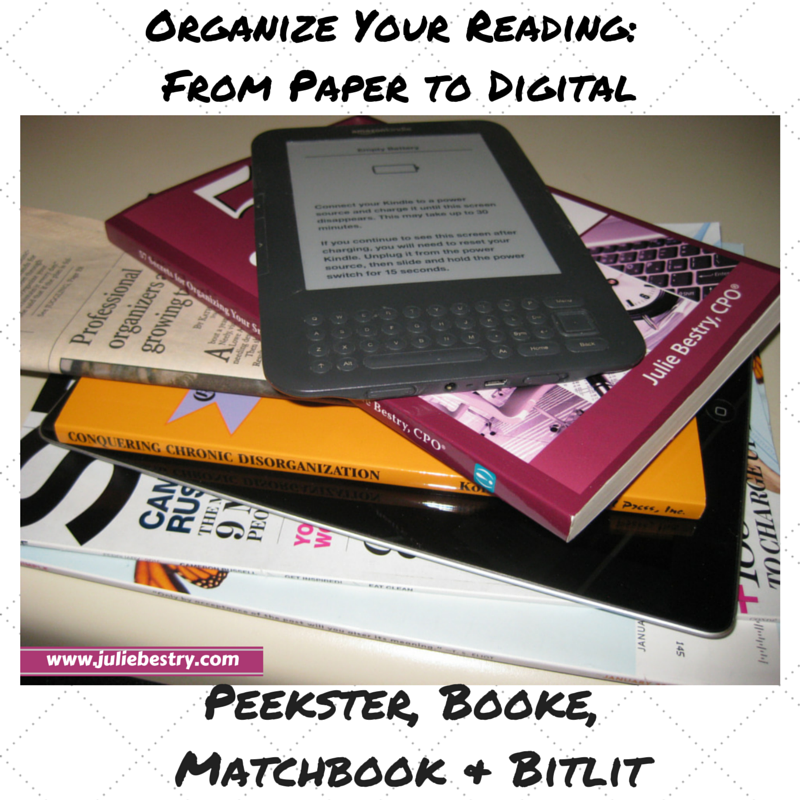
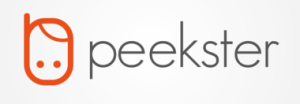
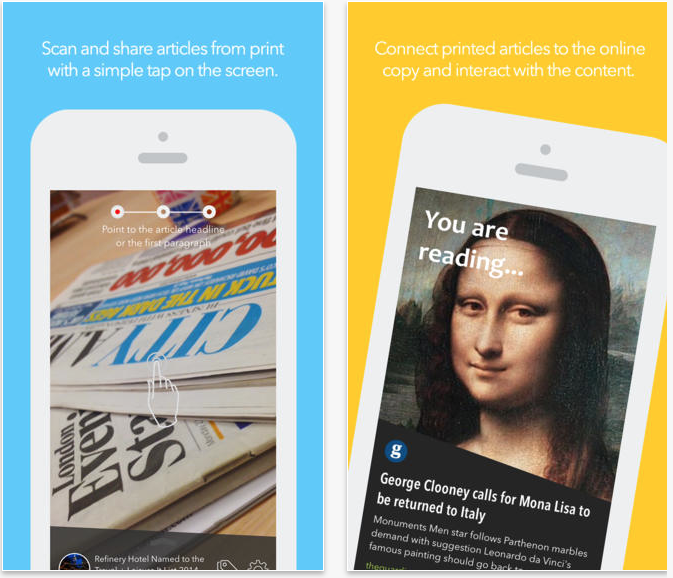
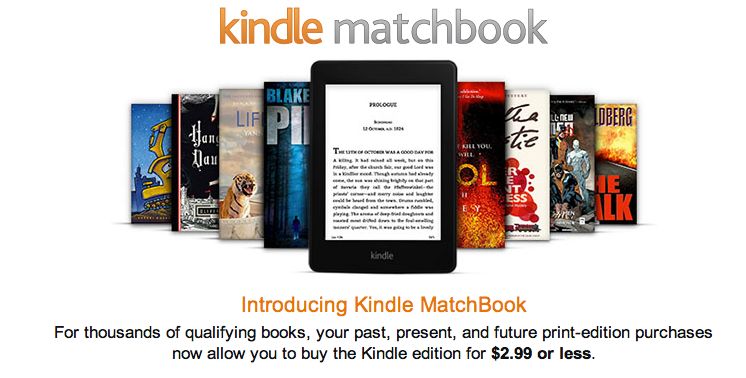
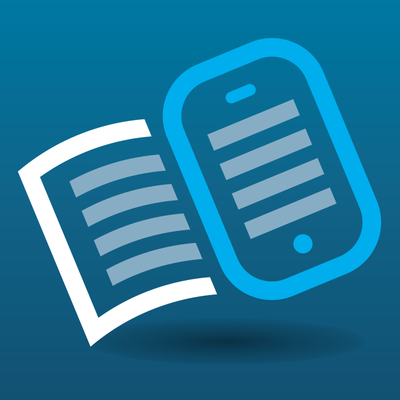
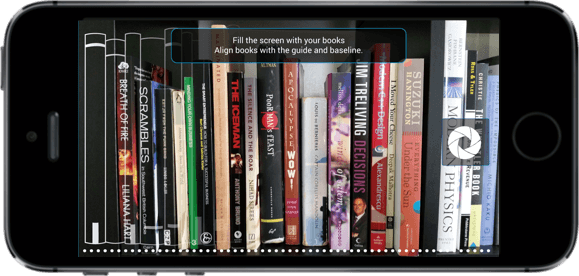
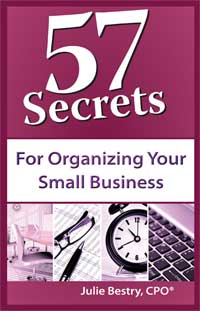




Follow Me